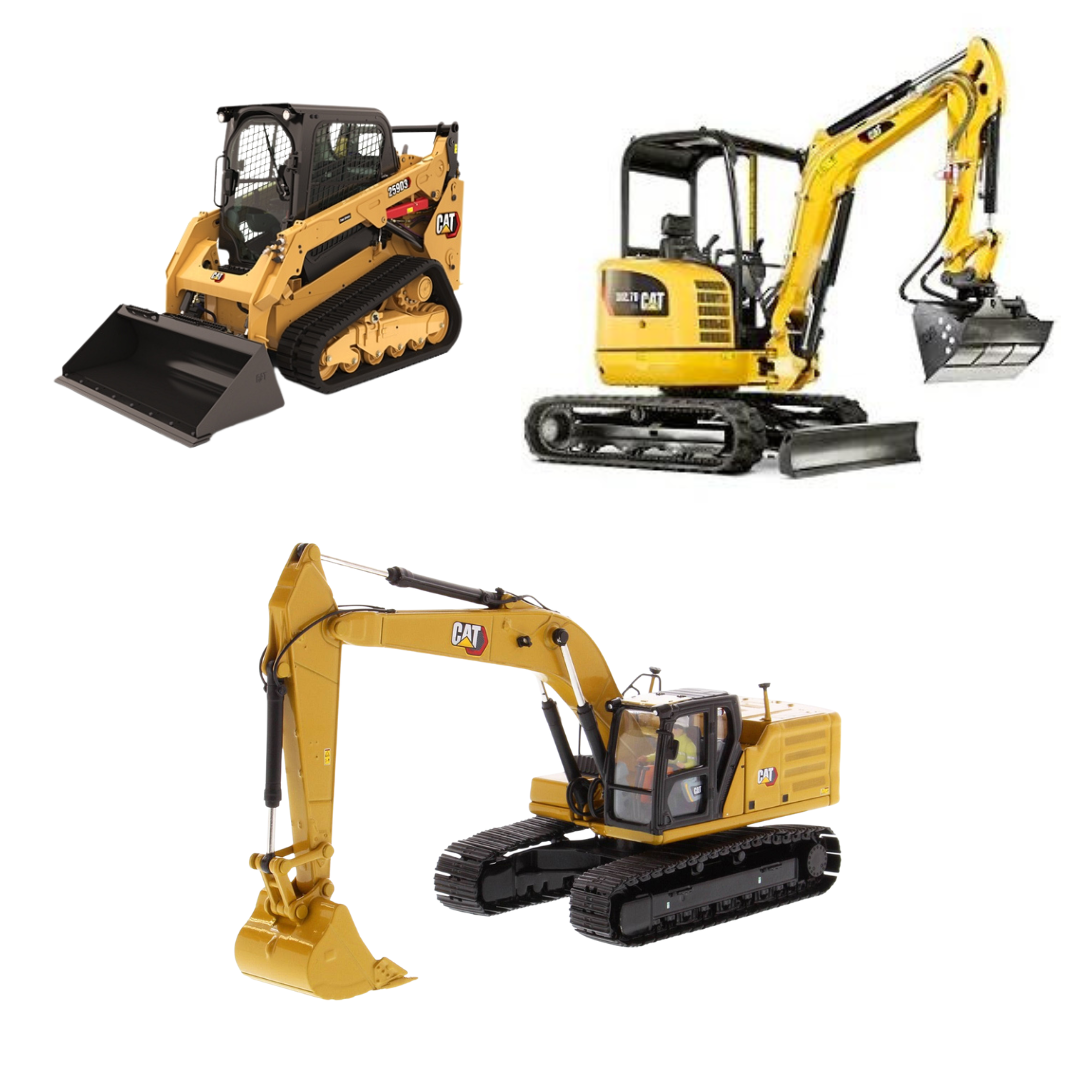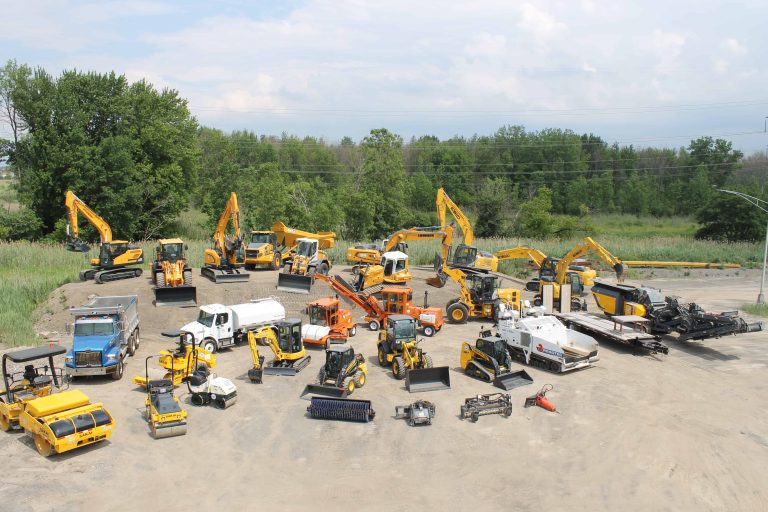Mini Excavator Rental: Compact Machines for Tight Spaces
Mini Excavator Rental: Compact Machines for Tight Spaces
Blog Article
Optimize Your Spending Plan by Understanding the Costs Connected With Construction Devices Leasings
Comprehending the complete extent of prices associated with building and construction tools services is crucial for maximizing your budget plan. What approaches can be used to efficiently manage these expenses and make sure a much more efficient rental experience?
Introduction of Rental Expenses
When taking into consideration building and construction devices services, recognizing the associated costs is paramount for efficient budgeting and project preparation. Rental prices can vary substantially based upon a number of elements, including equipment kind, duration of service, and area. The initial rental cost commonly mirrors the equipment's market need and its connected operational capacities, influencing the total cost.
Along with the base rental rate, ancillary costs may arise, such as transportation fees, fuel additional charges, and upkeep costs. It is crucial to make up these extra expenditures to precisely evaluate the complete expense of renting devices. In addition, the rental duration can impact rates; longer leasings may qualify for affordable prices, while temporary services might incur higher everyday fees.

Failure of Rental Rates
A thorough understanding of rental rates is vital for specialists and project managers intending to enhance their budgets. Rental prices for building and construction devices usually contain several elements, consisting of base prices, time-based fees, and usage costs.
Base rates are the core costs related to the leasing of the equipment, typically determined by the type and size of the machinery. These prices can differ substantially, influenced by aspects such as devices demand, availability, and local market fads. Time-based fees, which may be daily, weekly, or monthly, offer to fit different project timelines and rental periods.
In addition, rental prices might consist of usage costs, which are suitable when devices is utilized past a specified limit, guaranteeing that the rental company can make up damage. Seasonal demand variations can likewise affect rental prices, with peak construction seasons generally commanding higher prices.
Moreover, understanding the rental firm's policies pertaining to maintenance and insurance coverage can give more understanding right into the total expense framework. By examining these elements, specialists can make educated choices, making sure the selection of rental equipment straightens with both job demands and budget restrictions.
Extra Costs to Consider
Understanding the ins and outs of additional costs is important for professionals to manage their total service costs effectively. Past the standard rental rates, numerous extra costs can considerably impact the overall price of equipment rental. These costs typically include distribution and pickup charges, which can differ based on range and logistics involved in moving the equipment to and from the work site.
In addition, some rental companies might enforce fuel look at this site surcharges if the tools is returned with much less fuel than when rented out. It is likewise necessary to understand potential cleansing costs, especially for specific tools that needs detailed maintenance after usage.

Thoroughly evaluating the rental arrangement and making clear these additional charges in advance can aid service providers prevent unforeseen expenses and guarantee that budget plans remain undamaged throughout the project lifecycle.
Maintenance and Repair Work Expenditures
Routine repair and maintenance costs are commonly forgotten elements that can substantially affect the overall expense of building and construction devices leasings. When renting out equipment, it is vital to take into consideration not just the rental costs yet additionally the potential expenses connected with maintaining the machinery in optimum operating condition.
Numerous rental business include basic upkeep as component of the rental agreement; nevertheless, much more substantial repairs or unforeseen break downs can bring about added costs. It's vital to review the rental agreement very carefully to recognize what upkeep solutions are covered and what duties fall on the tenant.
In addition, equipment that is not well-maintained can lead to inadequacies on duty website, possibly raising and causing delays task expenses. To mitigate these risks, it is advisable to carry out routine evaluations and preserve open communication with the rental service provider relating to any kind of issues that emerge during usage.
Insurance Policy and Obligation Expenses
Insurance coverage and liability expenses are vital parts that can substantially influence the total expenditure of building tools rentals (aerial lift rental). These prices make you can try these out certain that both the rental firm and the client are shielded from possible economic losses occurring from crashes, damage, or burglary throughout the rental duration

In addition, clients must understand any type of deductibles or exemptions in the insurance plan, as these can impact potential out-of-pocket costs. Recognizing the terms and conditions of any insurance protection is crucial to avoid unforeseen costs. Eventually, budgeting for insurance policy and obligation expenses can assist ensure a smoother rental experience and safeguard against economic dangers connected with building and construction projects.
Verdict
In final thought, a detailed understanding of the expenses connected with construction devices rentals is important for effective budget management. Eventually, informed decision-making regarding devices services contributes to the total success of building and construction ventures.
Rental prices can vary considerably based on several variables, consisting of devices type, period of leasing, and area (mini excavator rental). The rental duration can influence prices; longer leasings might qualify for affordable rates, while temporary used trackhoe for sale leasings may sustain greater day-to-day costs
By conducting extensive study and involving with trusted rental firms, professionals can properly navigate the intricacies of rental pricing, ultimately optimizing their monetary resources.
Beyond the common rental prices, various auxiliary fees can dramatically influence the total cost of tools leasing. Rental firms usually supply liability insurance coverage that covers injuries to third celebrations or damages to residential or commercial property, while equipment damages insurance can cover the expense of fixings or substitute if the rented devices is damaged.
Report this page